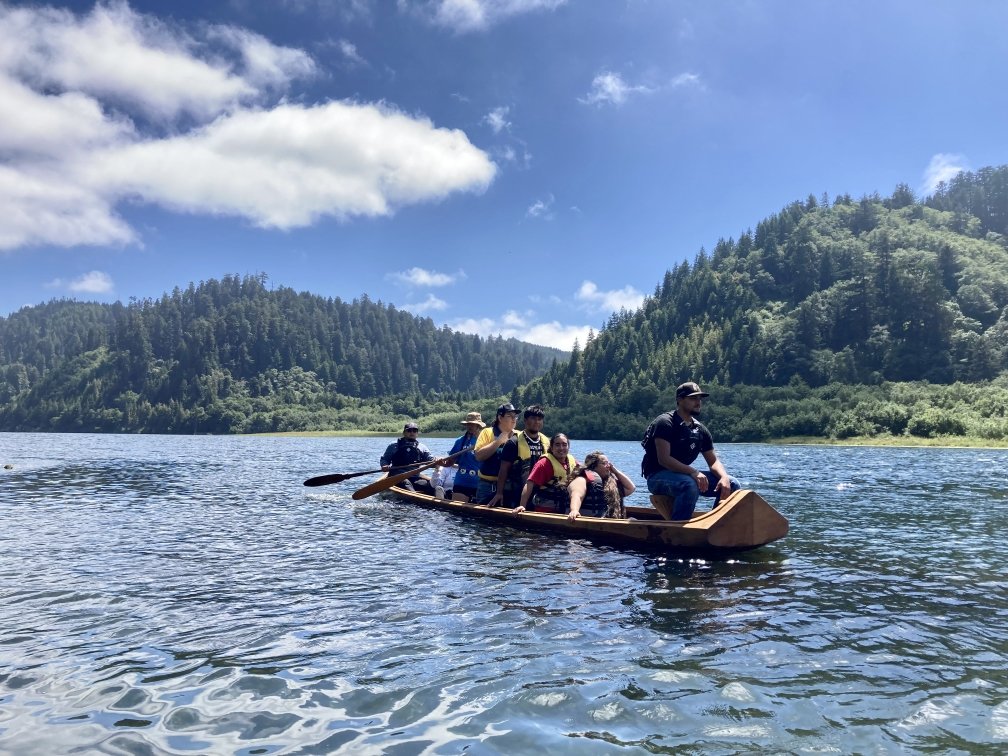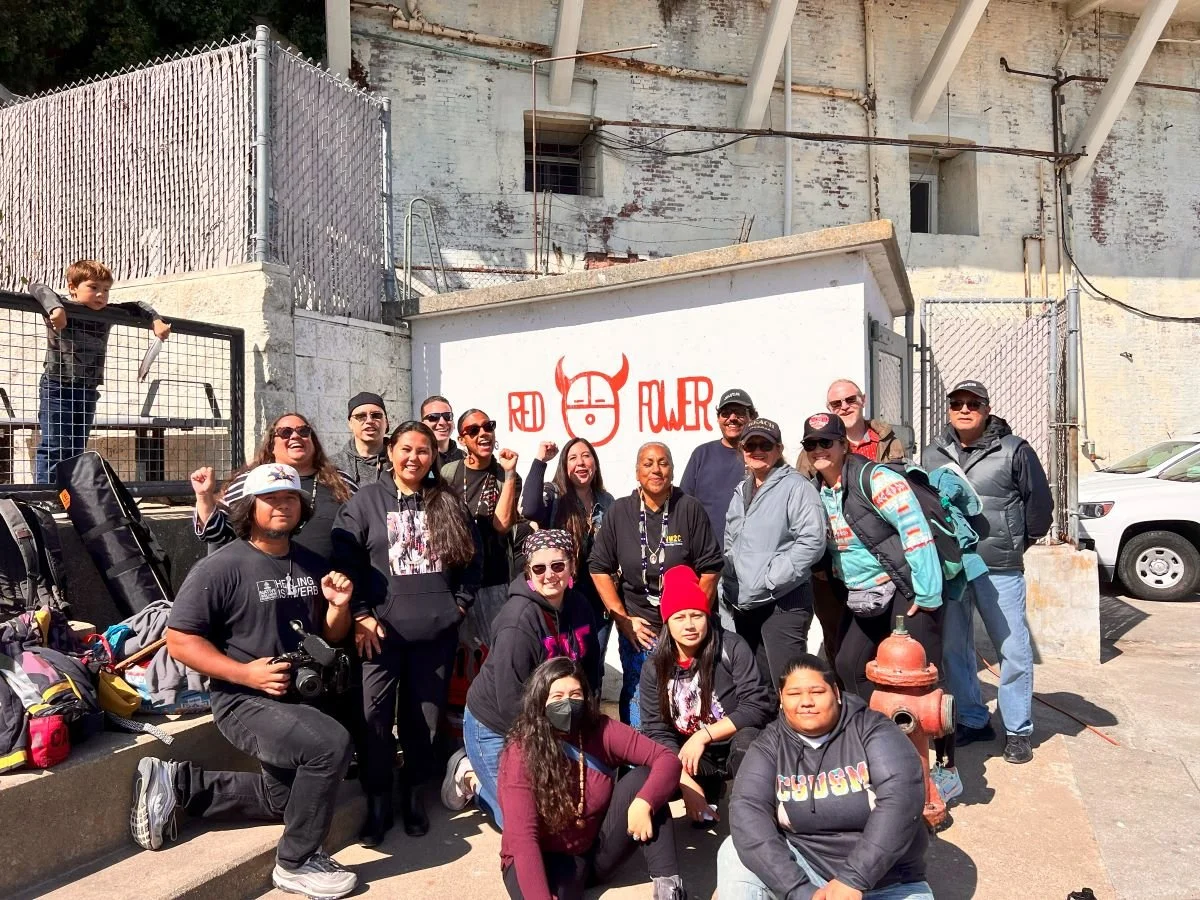Sacred Ecologies Program

We support the protection of lands, waters, and cultures and is responsive to requests from Native Nations and Indigenous-led organizations to work on specific environmental and cultural protection campaigns as threats to sacred places and environmentally sensitive habitats continue to multiply.
We work with Tribal nations, Indigenous-led organizations, local and state agencies, and nonprofit environmental justice and conservation organizations to support Tribal land and water stewardship, climate resiliency planning, co-management, access, and, where identified as a priority by local tribal communities, acquisition.
Through workshops, associated planning sessions, listening sessions, and community meetings, we focus on building tribal capacity to successfully identify, articulate, and advance tribal priorities for the culturally significant land and water areas in their ancestral homelands:
Over the past six years we have worked with Tongva, Tataviam, Chumash, Acjachemen, Luiseno, Cahuilla, Paiute, Kumeyaay, Kanaka Maoli, and many more California Native Nations to successfully protect sacred lands, waters, and cultures.
In partnership with the University of California Irvine, we organized the Southern California Tribal Listening Session on Environmental Justice, with 300+ participants representing Native Nations from every county in California 2012.
Organized a coalition of Acjachemen and Tongva Tribes to protect Genga, a 10,000+ year-old village site. Geŋa had been desecrated through the operation of oil fields since the 1940s, but recently the title to the land has been transferred to Mountains Recreation Conservation Authority (MRCA) from the Trust for Public Land. MRCA has secured funding from the State Coastal Conservancy to support the development of a tribal access plan, natural resource management plan, and public access plan. In August of 2022, MRCA adopted, by unanimous vote, a resolution designating SPI as the entity to work with MRCA to develop the tribal access and engagement plan. Over the next three years, SPI will work closely with local tribal nations and MRCA to develop a shared understanding of tribal management and/or co-management goals and visions for the Geŋa as part of our Sacred Ecologies Program: Indigenous Land Rematriation Project. The goals, visions, and shared understanding have been included as conditional language in the final land transfer that occurred in Spring 2022, with the need for Tongva and Acjachemen access and management of the site of utmost importance.
Sponsored the Global Indigenous Womens Caucus and the Global Indigenous Peoples Caucus as part of our participation in the United Nations Permanent Forum for Indigenous Issues.
Partnered with University of California Los Angeles School of Law, Human Rights Law Clinic on Decolonizing El Camino Real to host a workshop with California Native Nations on Free, Prior, Informed Consent and the UNESCO Process.
Indigenous Land Rematriation Fellowship: As part of our land rematriation work in Southern California, we launched a multi-generational fellowship that has traveled throughout California, nationally, and internationally to visit successful sites of land rematriation. This Fellowship is the first of its kind in Southern California--- and possibly around the nation--- and ensures that Tribal members can partake in an experiential learning experience, from peer-to-peer learning, leadership development, and visioning-making for the future of their homelands. For the inaugural 2023-2024 Fellowship, we have 18 Fellows from Tongva, Gabrielino, Chumash, and Acjachemen community members--- ranging from 13-71 years old and including 3 sets of intergenerational families--- who have visited over a dozen site of successful of land rematriation throughout California as well as New York and Aotearoa [New Zealand]. This Fellowship was developed out of the Genga community meetings we hosted, as SPI and community members recognized a strong need for mental, spiritual, and legal preparation for tribes to accept land returns through exposure to diverse successful land back models. The inaugural program will run 2023-2024 but we hope to continue the program annually and open it up so any indigenous person can participate.





